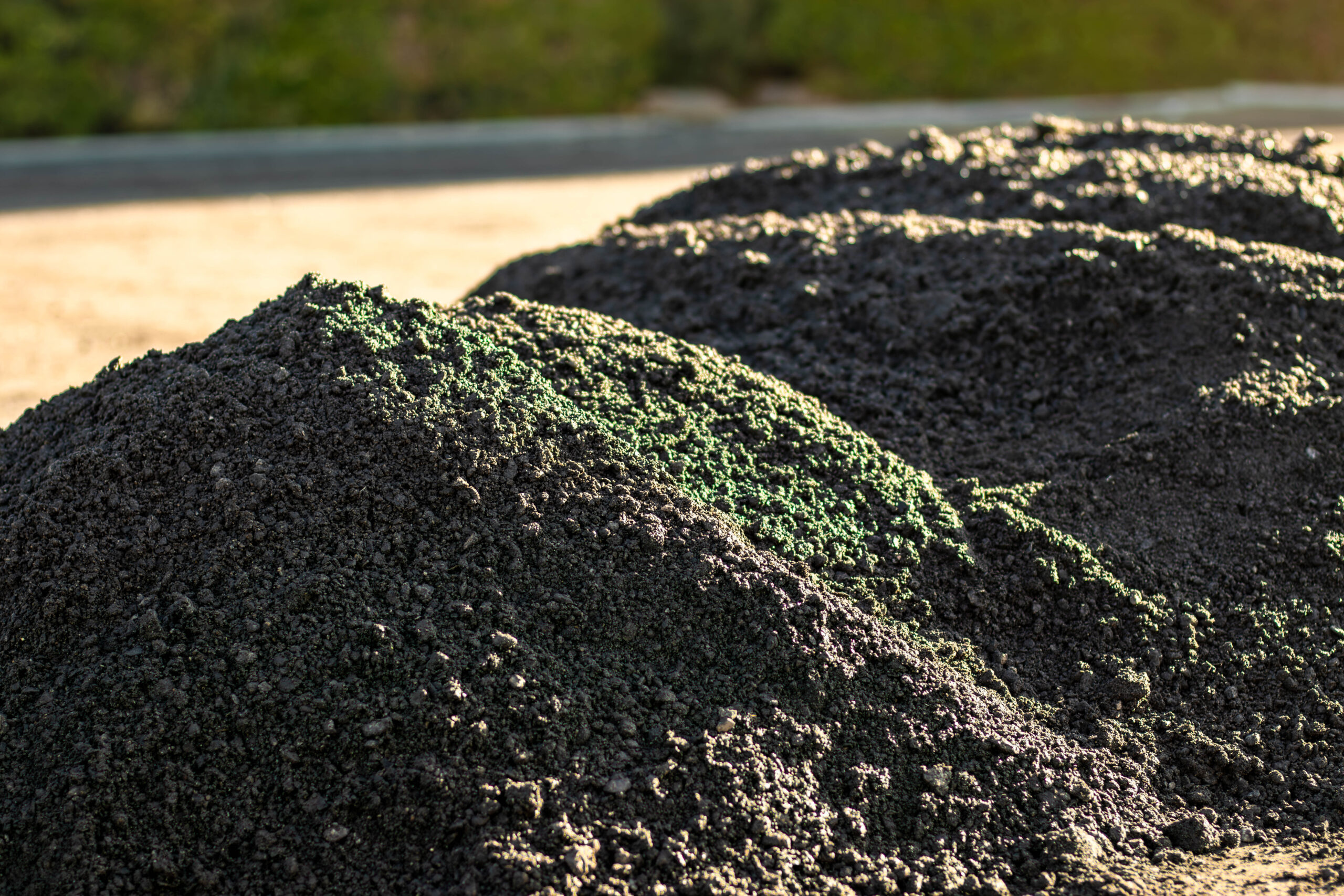
What is asphalt?
Often recognized as blacktop or bitumen, asphalt is a composite material extensively employed in the construction of surfaces such as roads, driveways, and parking lots. It consists of aggregates like sand, gravel, or crushed stone, bound together by a petroleum-based binder. This dynamic combination results in a flexible yet robust material that has found applications in various construction projects.
Often recognized as blacktop or bitumen, asphalt is a composite material extensively employed in the construction of surfaces such as roads, driveways, and parking lots. It consists of aggregates like sand, gravel, or crushed stone, bound together by a petroleum-based binder. This dynamic combination results in a flexible yet robust material that has found applications in various construction projects.
Applications of Asphalt
Asphalt’s versatility renders it a prime choice for an array of projects. From vast highway networks to residential driveways, its adaptability shines through:
For road construction, asphalt’s ability to withstand heavy traffic loads and provide a smooth, skid-resistant surface is unmatched. Homeowners often opt for asphalt driveways due to its affordability, quick installation, and appealing aesthetics. In commercial and industrial settings, asphalt parking lots offer a durable and cost-effective solution for accommodating heavy traffic. Beyond traditional uses, its shock-absorbing properties make asphalt suitable for playgrounds and sport courts, ensuring a safe and reliable surface.
Benefits of Using Asphalt
The benefits of choosing asphalt extend far beyond its applications:
Durability: Renowned for its ability to endure harsh weather conditions, including extreme temperatures and heavy rainfall, asphalt ensures longevity and minimal maintenance.
Smooth Surface: The even and smooth surface of asphalt not only enhances driving comfort but also minimizes wear and tear on vehicles.
Cost-Effectiveness: As a cost-effective choice for construction projects, asphalt boasts lower initial costs and minimal maintenance requirements compared to other materials.
Quick Installation: With the ability to be laid and cured rapidly, asphalt minimizes disruptions and allows for faster project completion.
Aesthetics: The dark color of asphalt contributes to an aesthetically pleasing appearance, elevating the overall curb appeal of properties.
Site preparation involves excavation and grading to ensure proper drainage and a stable foundation. Aggregate placement sees chosen aggregates laid and compacted to form a solid base. Binder application follows, with the asphalt binder applied in a heated, liquid state to the aggregate layer. A surface course is added, consisting of finer aggregates, followed by further compaction to create a smooth surface. Curing is the final step, allowing the asphalt to harden and achieve optimal strength and stability.
In conclusion, asphalt emerges as a versatile and reliable material for construction projects of various scales. Its inherent benefits, from durability to cost-effectiveness, position it as a top choice for creating resilient and visually appealing surfaces that stand the test of time.
